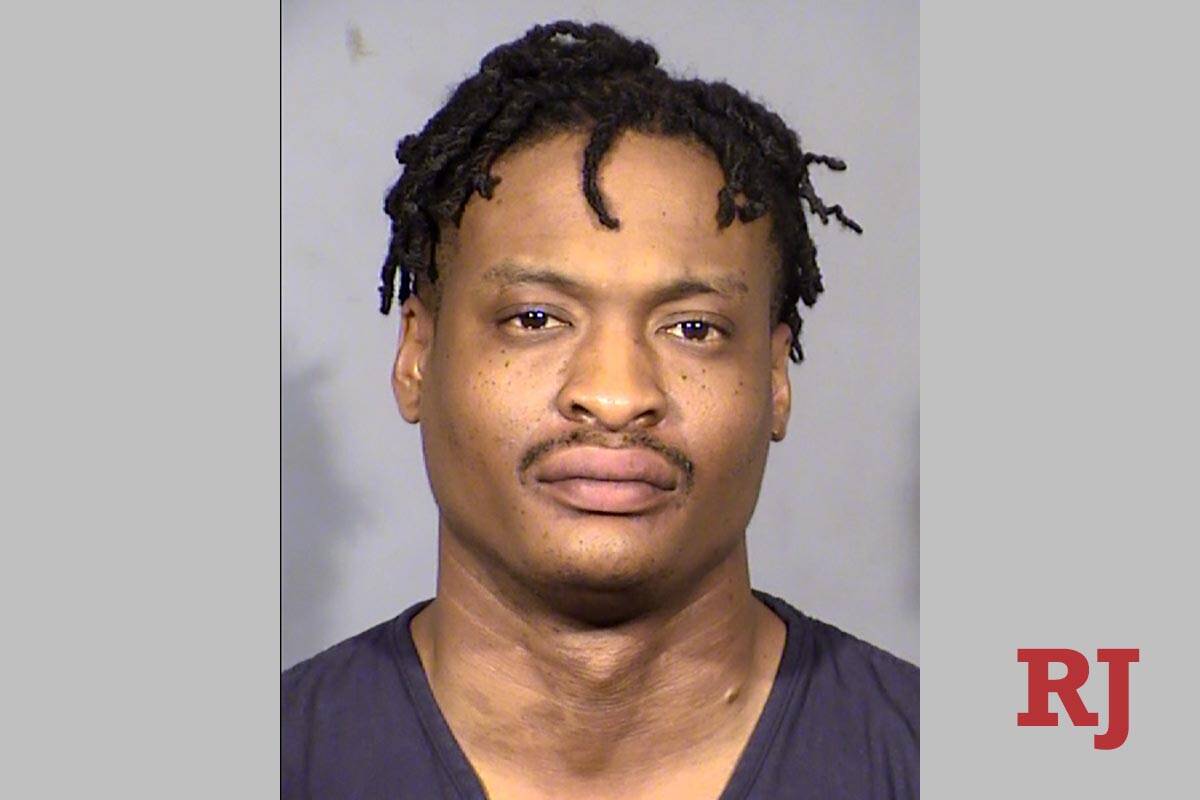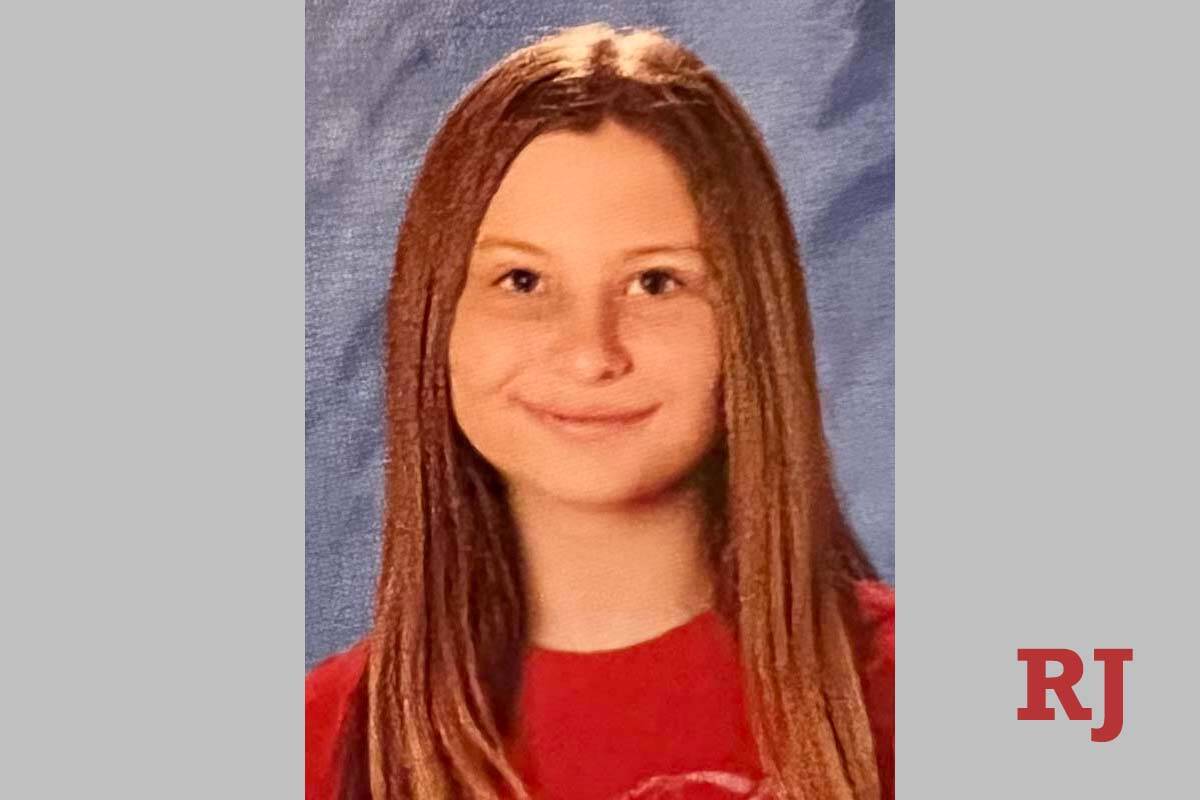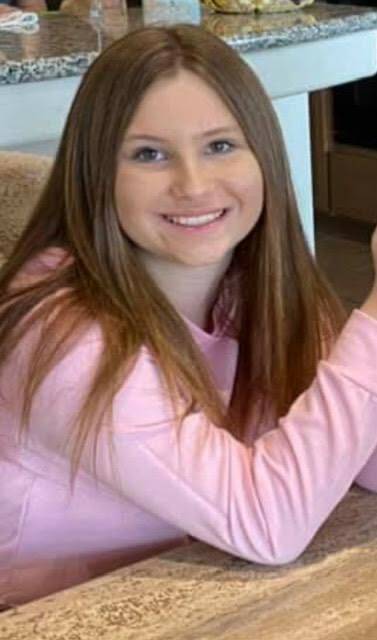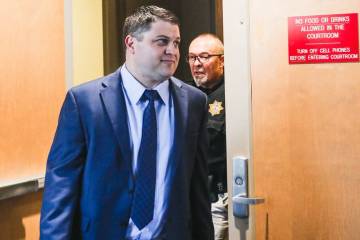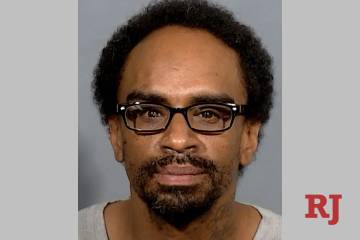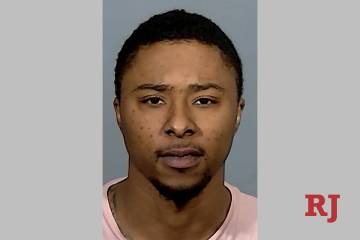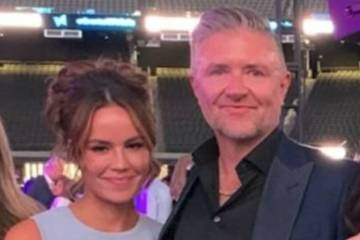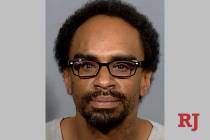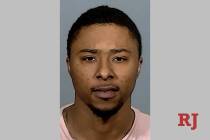Prosecutors pursue murder charge in fatal overdose of Summerlin teen
Prosecutors charged a man with murder on Friday in the overdose death of a 13-year-old girl, a day after announcing that a Clark County grand jury had declined to indict him on the same count.
The unusual move by the district attorney’s office continues a campaign by police and prosecutors to seek maximum punishment against suspected drug dealers amid the valley’s spike in fentanyl-related fatalities.
Marcas Crowley, 32, is suspected of supplying Daniella Young, a Summerlin middle schooler who died in October, with the drugs that led to her fatal overdose.
“The DA’s office will continue to seek justice for the victims in this case and will prosecute the case to the fullest legal extent,” prosecutor Eckley Keach said Friday.
Keach said he was referring to Daniella and her family when he said “victims.”
Crowley’s lawyer, Craig Mueller, could not be reached for comment.
Daniella’s mom, Sabrina Young, said in an email Friday that her daughter “was a brilliant, caring, loving little girl who was murdered.”
Jump in overdose deaths
Last year, the Metropolitan Police Department began making a concerted effort to pursue murder charges in such cases. At a September news conference with the family of a 17-year-old overdose victim, Capt. John Pelletier laid out the department’s plan.
“If you sell a drug and it kills someone, we will be relentless,” he said. “If that means charge you for murder, so be it.”
The Clark County coroner’s office investigated at least 800 overdose deaths last year, a 42 percent increase from the year before. At least 218 people died from a fentanyl overdose, according to coroner data, and six of them were teenagers.
Police said Crowley sold cocaine, ecstasy and Percocet by sending 71 Snapchat messages advertising his products in a two-month period, according to a Metro arrest report.
On Sept. 5 he messaged Daniella “who need percs,” according to the report. She replied: “not (right now) but I’ll (hit you up) when I get money.”
Police said that over the next month, Crowley took and obtained explicit photos of the teen in exchange for drugs.
He told police at the time of his arrest that Daniella said she was 17.
The coroner’s office ruled the girl’s Oct. 13 death an accident caused by fentanyl toxicity and recent cocaine and meth use.
Bypassing grand jury
Crowley was indicted in December on five felony counts, including lewdness with a child, possession of visual porn, permitting a minor to produce porn, child abuse and sale of a controlled substance. His bail was set at $100,000 with a condition that if he posted bail, he would not be allowed to contact any minors or have access to the internet.
Prosecutors announced in court on Thursday that a grand jury had declined to indict Crowley on a murder charge. He was the only one of five people charged in fatal drug overdoses last year who was not charged with murder.
The other four, including one who was indicted, are scheduled for trial later this year. The murder indictment was not returned by the same grand jury that heard the Crowley case.
Chris Rasmussen said that in his more than two decades as a defense attorney, he has only seen one other case where grand jurors declined to return an indictment, or “true bill,” on a murder charge.
“They must have been pretty unimpressed with the state’s argument to not return a true bill,” he said Friday.
But he also said that murder cases involving overdose deaths are difficult for prosecutors, because they “have to put the pill from the drug dealer’s hands into the mouth of the decedent.”
Prosecutors have the option of bypassing the secret grand jury process and taking their cases before a justice of the peace, who holds a preliminary hearing before deciding whether a defendant should stand trial.
Though they typically choose only one approach, prosecutors filed a separate murder case against Crowley on Friday in Las Vegas Justice Court.
In May, a grand jury decided not to indict Zaon Collins, a former Bishop Gorman basketball player, on a DUI charge and instead indicted him only on a reckless driving charge. Collins is accused of driving nearly 90 mph after smoking marijuana on Dec. 30, 2021, causing a crash that killed 52-year-old Eric Echevarria.
Prosecutors later chose to move forward with the DUI charge in Las Vegas Justice Court.
Rasmussen, who was not involved with the case, said at the time that it was “extremely unusual” for prosecutors to file a charge in Justice Court after a grand jury had rejected it.
The Collins case is on appeal to the Nevada Supreme Court.
Contact Sabrina Schnur at sschnur@reviewjournal.com or 702-383-0278. Follow @sabrina_schnur on Twitter.



